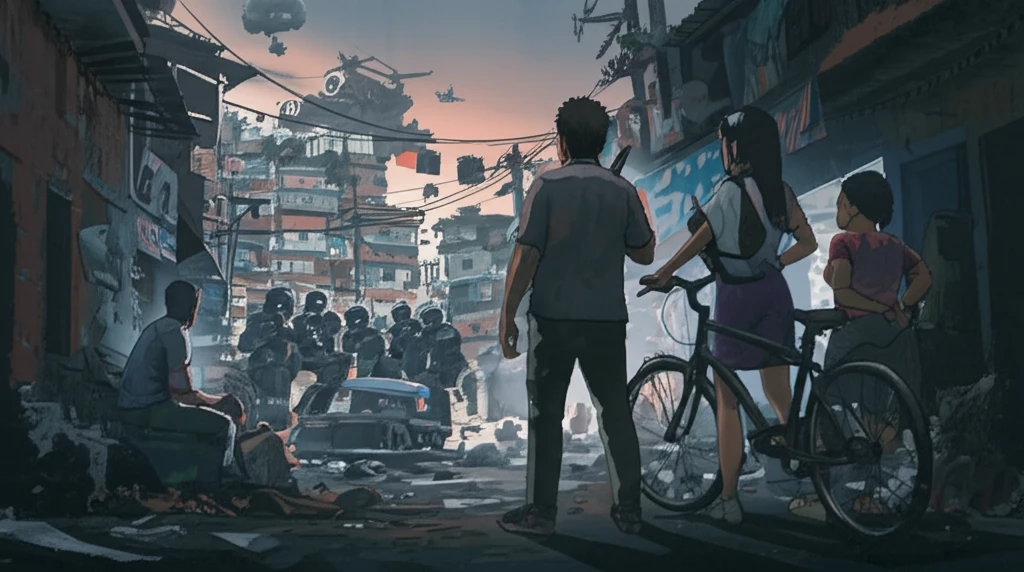
Beyond the Headlines: Unpacking the Impact of Pacification Policies on Precarious Communities
"A critical look at how security measures reshape social dynamics and territorial control in marginalized urban spaces."
In an increasingly interconnected world, the study of organizational spaces within their specific contexts is crucial for understanding the dynamics that shape our societies. Approaching these studies with a geographical perspective allows for a deeper analysis of organizational interactions, particularly in areas facing complex social and economic challenges.
One of the most pressing issues in urban management worldwide is the proliferation of informal settlements, often referred to as favelas. These areas, characterized by poverty and a lack of formal infrastructure, represent a significant challenge for urban planners and policymakers. While favelas often emerge as a solution to housing shortages for low-income populations, they also present a range of social and economic problems.
This article delves into the impact of pacification policies on favelas, focusing on the power dynamics and social transformations that occur when governmental interventions reshape these precarious organizational spaces. By examining the case of the Pacifying Police Units (UPPs) in Rio de Janeiro, we aim to uncover the hidden agendas and unintended consequences of these policies on the communities they are intended to serve.
The Hidden Agendas: Unveiling the Real Objectives of Pacification

The implementation of Pacifying Police Units (UPPs) in Rio de Janeiro represents a significant effort to reassert state control in areas previously dominated by criminal organizations. While the stated objective of these policies is to improve public safety and security, a deeper analysis reveals a more complex set of motivations.
- Control and Containment: Pacification policies often prioritize the physical occupation and containment of favelas, limiting the potential for social and economic integration.
- Economic Interests: The implementation of UPPs is often linked to broader economic interests, such as tourism and real estate development, which can lead to gentrification and displacement of local residents.
- Social Cleansing: In some cases, pacification policies can be used as a tool for social cleansing, targeting specific populations and activities deemed undesirable by the authorities.
Beyond Pacification: Towards Sustainable Solutions for Precarious Communities
The challenge of addressing the complex social and economic issues facing precarious communities requires a shift away from top-down, security-focused approaches towards more participatory and community-driven solutions. By empowering local residents, fostering social cohesion, and promoting economic opportunity, we can create more resilient and sustainable communities that are better equipped to address the challenges they face.
